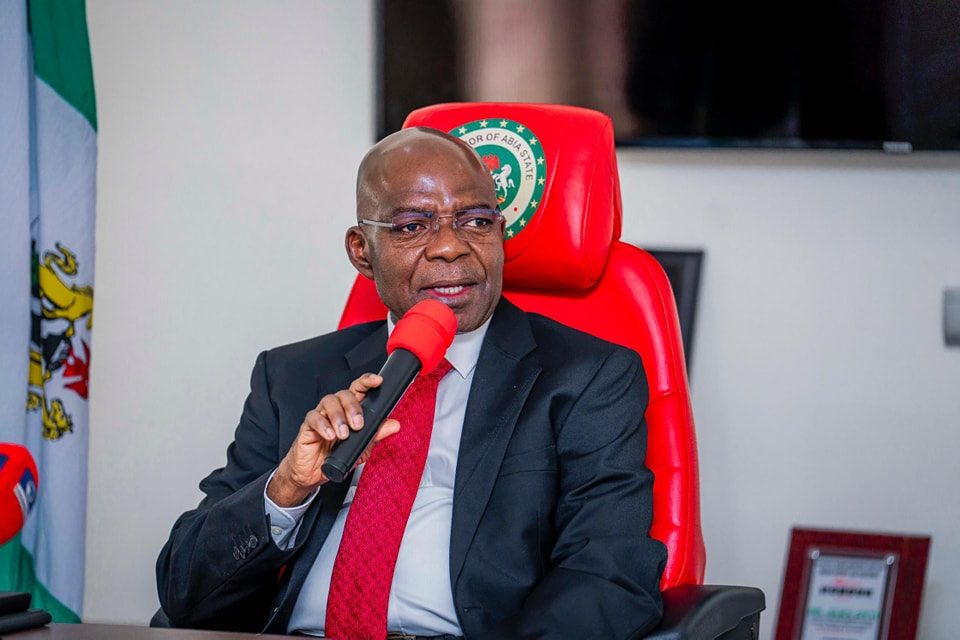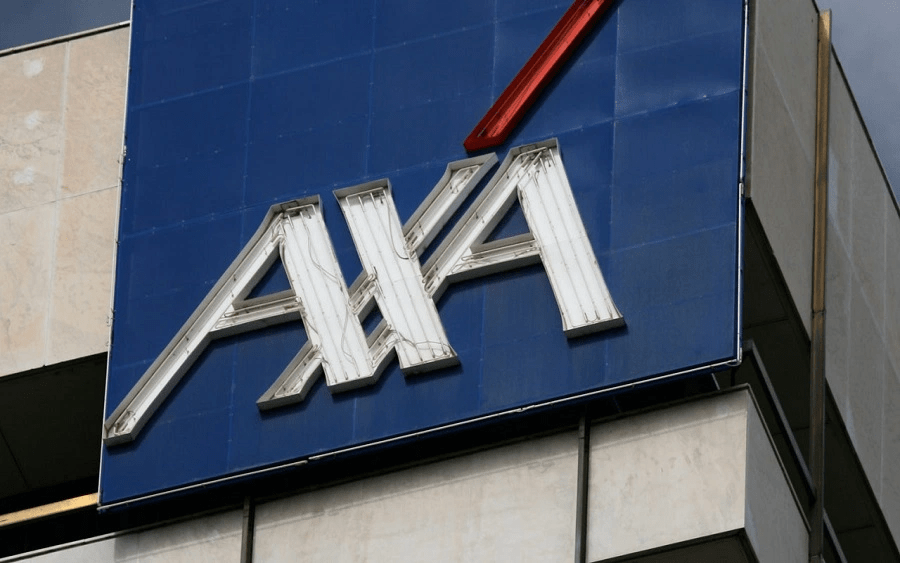WHO: Type 2 Poliovirus Prevalence in Africa Drops By 54%
WHO: Type 2 Poliovirus Prevalence in Africa Drops By 54%
•As 15 countries record 200 million vaccinations in 10 months
The World Health Organization (WHO) said the number of African countries with active type 2 poliovirus outbreaks between 2024 and 2025 has declined from 24 to 14, with the total virus detections dropping by 54 percent as of October this year.
In a message by WHO Regional Director for Africa, Dr Mohamed Janabi, to mark the World Polio Day 2025, the organization said the continent is making steady progress towards achieving the target of a polio free society.
With reference to this year’s theme, “End Polio: Every Child, Every Vaccine, Everywhere”, Janabi said it is a call to ensure that no child, in any setting, is left unprotected.
“Across the African Region, countries have continued to advance towards this goal.
“The progress in 2025 reflects stronger cross-border coordination, expanded surveillance, improved laboratory capacity, and the use of digital tools to increase reach, efficiency and equity.
“Between January and October 2025, 15 African countries reached nearly 200 million children with at least one dose of polio vaccine through supplementary immunization rounds,” he said.
According to WHO, 13 countries mounted synchronized campaigns, including in highly challenging contexts.
In the Horn of Africa, WHO said Djibouti, Ethiopia, Kenya and Somalia jointly vaccinated more than 18 million children in two consecutive rounds, demonstrating the impact of regional collaboration.
“On World Polio Day 2025, we stand together to celebrate Africa’s progress towards a continent free of polio, and renew our collective commitment to protecting every child from this preventable disease, it said
WHO said that cross-border synchronization has been key to reaching children in border communities within the Lake Chad Basin and Sahel.
It recalled that in April 2025, Ministers of Health launched a coordinated campaign to protect 83 million children across the sub-region.
“These collective efforts are showing results. Comparing the number of African countries with active type 2 poliovirus outbreaks between 2024 and 2025 (as of October) declined from 24 to 14, and total virus detections dropped by 54 percent.
“Two countries reported type 1 cases, 14 countries type 2 and 3 reported type 3 based on data as of October, 2025.
“In May 2025, Madagascar officially declared the end of its circulating variant poliovirus type 1 outbreak after comprehensive response measures and sustained surveillance”.
The world body said that progress is being sustained by stronger systems adding that by mid-2025, 11 WHO-supported laboratories had expanded genomic sequencing capacity, while six began piloting advanced techniques.
It said that environmental surveillance has also expanded significantly.
Also, WHO said Geospatial mapping by the WHO AFRO GIS Centre has also helped countries to locate and reach children in previously missed populations, including nomadic and border communities.
“Today, 98 percent of countries in the WHO African Region have systems to monitor wastewater and sewage for polioviruses, providing early warnings of possible transmission, and enabling rapid response before the virus spreads.
“Digital innovation is improving how frontline teams are supported and how data is used. More than 850 000 frontline workers across the region receive digital payments through mobile-money platforms, with 95 percent paid within 10 days of campaign completion.
“This has enhanced accountability and timeliness, especially in remote areas,” it said.
•As 15 countries record 200 million vaccinations in 10 months The World Health Organization (WHO) said the number of African countries with active type 2 poliovirus outbreaks between 2024 and




